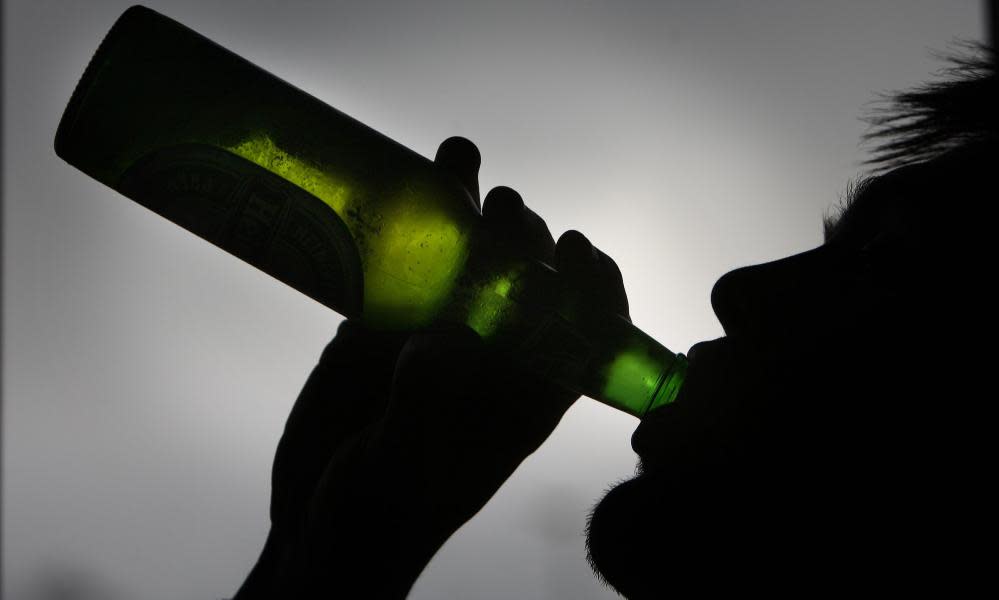Form of gene therapy offers hope for severe alcohol addiction, study finds

A form of gene therapy that is already being trialled in patients with Parkinson’s disease might provide a one-off treatment for severe alcohol addiction.
A study in macaque monkeys that were predisposed to heavy drinking found that it dramatically curbed their alcohol consumption. “Drinking went down to almost zero,” said Prof Kathleen Grant, at Oregon Health and Science University’s National Primate Research Centre in Beaverton, US, who co-led the research. “For months on end, these animals would choose to drink water and just avoid drinking alcohol altogether.”
Alcohol misuse is the biggest risk factor for death, disability and ill health among 15- to 49-year-olds in the UK, responsible for 9,641 deaths during 2021. Like other addictive substances, alcohol triggers the the release of a feelgood chemical in the brain called dopamine. However, chronic drinking decreases dopamine release, and people who are addicted to alcohol don’t tend to feel pleasure in drinking it any more. “It seems that they’re drinking more because they feel a need to maintain an intoxicated state,” Grant said.
The idea of the gene therapy was to try to reset this dopamine reward pathway by enhancing the function of brain cells that synthesise dopamine.
Like humans, some macaques are more prone to heavy drinking than others: if you begin to offer them the choice of 5% alcohol – roughly the same strength as beer – alongside their regular food and water, some monkeys will eventually almost always opt for the alcohol.
Grant and her colleagues wondered whether resetting their dopamine reward pathways might curb their desire to drink alcohol. To do this, they used a harmless virus to deliver the gene for a protein called glial-derived neurotrophic factor (GDNF) to an area of the brain that is implicated in addiction and reward.
“We targeted the cell bodies that produce dopamine with this gene to increase dopamine synthesis, thereby replenishing or restoring what chronic drinking has taken away,” Grant said.
Four alcohol-addicted macaques underwent the procedure, which used magnetic resonance imaging to guide the injection to precisely the right site. A similar procedure is being trialled in adult patients with Parkinson’s disease and in children with a rare genetic disorder called aromatic L-amino acid decarboxylase deficiency, which affects the nervous system and causes movement problems.
The research, which was published in Nature Medicine, found that the macaques permanently started overexpressing dopamine and decreased their subsequent alcohol consumption by up to 90%.
“The animals that received an inactive form of the gene continued drinking, whereas in the animals that were given GNDF, their dopamine was restored, and they went to very low levels of drinking – about one to two drinks a day, from between eight to 10 drinks a day,” Grant said.
“We are entering an era an era of gene therapy for neurological disorders and perhaps psychiatric disorders, and I think this study is very promising in that direction.”
She added that animal studies are needed before the technique could be tested on humans. Also, because the gene therapy procedure involves brain surgery and is irreversible, it would probably only ever be used in the most severe cases of alcohol addiction. “It would be most appropriate for individuals for which all other forms of therapy have not worked,” Grant said. “You don’t really want to go to an invasive and irreversible therapy unless someone’s life is at stake.”

 Yahoo News
Yahoo News 
